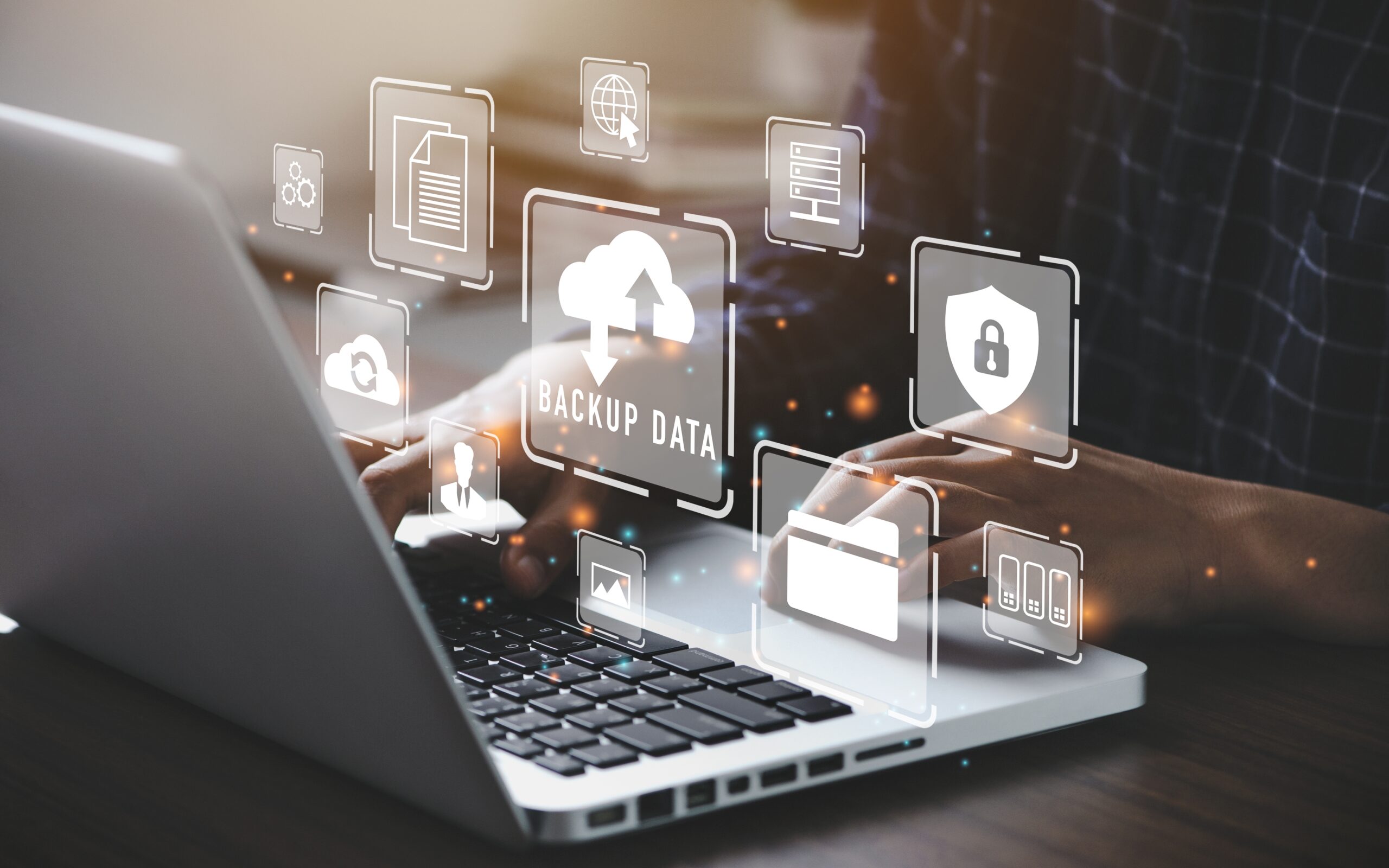There are numerous tech buzzwords that surface each year, one of the more common in the past couple of years is virtualization.
Being able to take physical systems and replace with a cheaper, often more efficient, virtual version, is something many businesses appreciate. Up to this point, most solutions have focused on desktops and servers. We predict that the next gadget to virtualize will be the smartphone.
Traditional smartphones are individual packages. The operating system and user are physically tied to the device. If you think about it, there are really only a few phones out there, and millions of people probably have the exact same one that you do. They differentiate their phones from others by the pictures, apps, videos, etc. stored on the device and the way they have personalized their phones.
Should you lose your phone, that data is likely lost, and you are faced with a potentially high cost to replace it. The two major operating system developers – Apple (iOS) and Google (Android) – have started to implement virtual backup solutions. Your contacts, apps and some personalization settings are backed up to the cloud and connected with a user account. When you enter the account information, you can quickly get the most important information from your phone back.
Combine this with the various cloud storage services that allow users to store their information, pictures, etc., with access from nearly any device. This integration with the cloud has enabled users to rely less on physical devices, and points to a potential virtualization concept: Non-dedicated devices.
The idea of non-dedicated devices is that you can use any device, regardless of manufacturer or OS, to access a system you can call your own. Imagine if your phone runs out of batteries. You borrow a friend’s, log in using your username and password and that device instantly becomes personalized to you.
Could this work? There are currently three identifiable virtualization trends that point to non-dedicated mobile devices becoming a reality:
-
- Increasing adoption of cloud services by mobile uses – Many mobile users have cloud storage apps installed on their devices and store some form of mobile related information or data on it. What’s more, these apps are cross-platform meaning you can access them on iPhone, Android, Mac or Windows.
-
- Heavy personalization of mobile devices – OS developers have started to store more information in the cloud. Google, for example, can store your contacts and basic personalization choices – e.g., wallpaper and apps, pictures, and even your calendar, in the cloud. Make changes on your mobile and you will see these on your computer too.
- Ability to access whole work systems from a mobile device – There are apps for both Android and Apple devices that allow users to access and control their desktops and work systems directly from phone or tablet. This has decreased the need for users to be chained to their desk just to be able to do work.
It wouldn’t be hard for an enterprising company to develop a system that integrates these three, already existing functions into a device. The only major stumbling block we can see is that current OS developers don’t necessarily get along all that well. We predict that this virtualization will become a possibility on individual systems (Android and iOS), in the near future, but across systems may take longer.
We’d like to know what you think of non-dedicated devices. Would you use one? Are there any other problems you can foresee? Let us know today.







